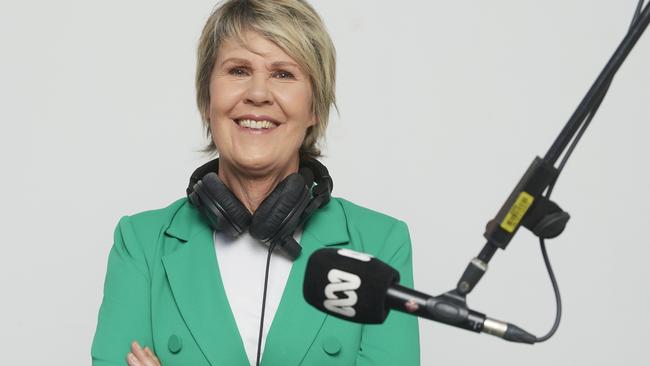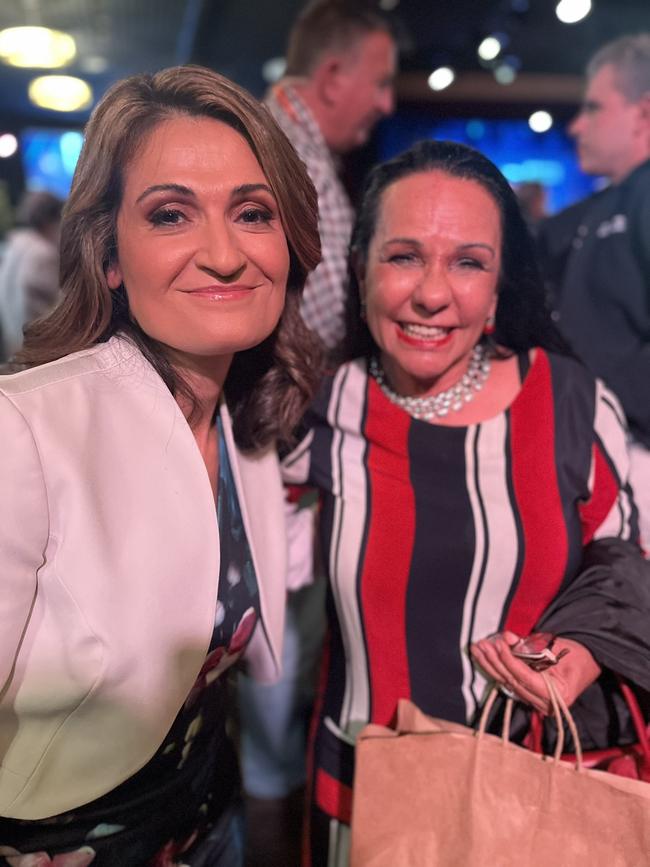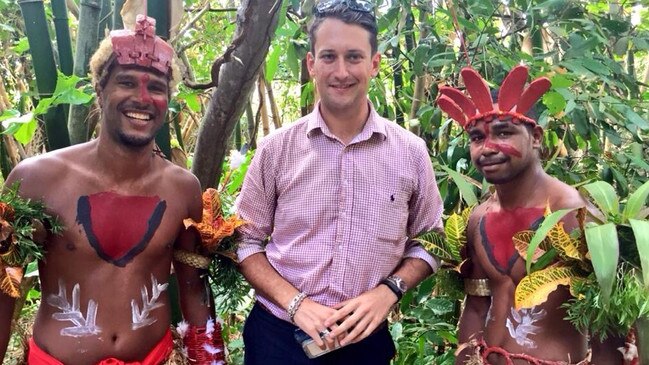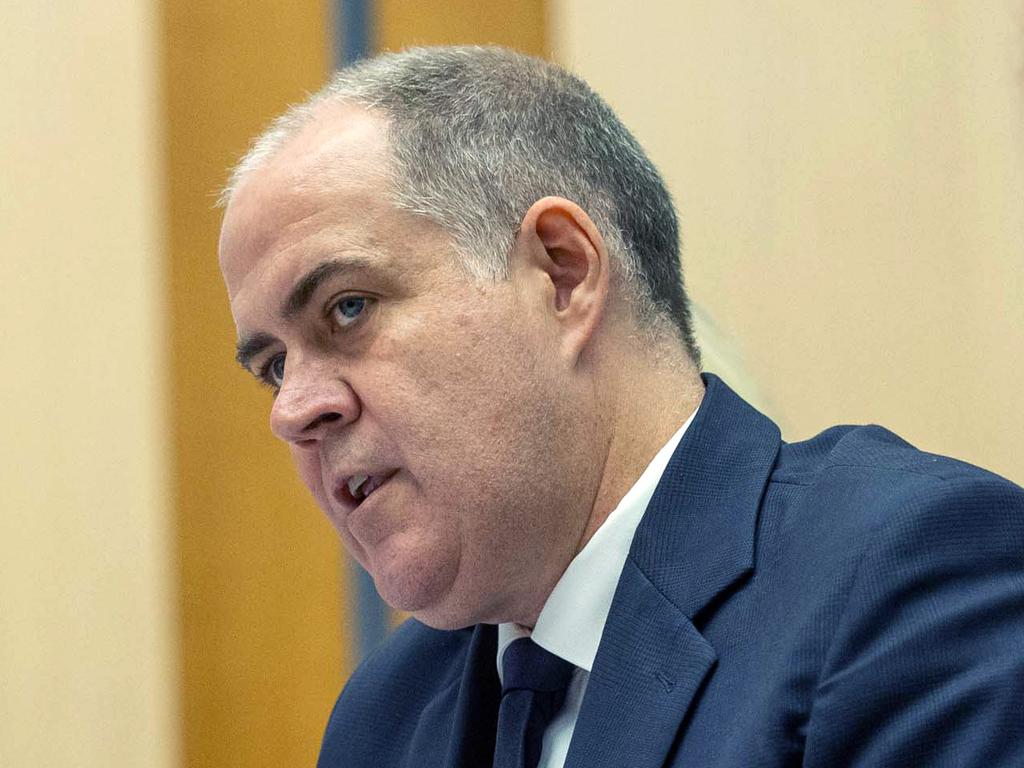
Convener: Hello everyone and welcome to our session on impartiality. I will start by asking what may seem a straightforward question. What is impartiality?
Audience member: It is an artificial and duplicitous construct invented by dead white males to marginalise, silence, and delegitimise the perspectives of people of colour.
Convener: I’m glad you mentioned the historical connotations. Only now has the dominant culture in this country begun to acknowledge the traditional definition of impartiality was itself inherently biased.
Before we go further, are we all agreed, to quote Prime Minister Anthony Albanese, that the voice will be an advisory body only and will not usurp parliament or the executive?
Bridget Brennan: When we imagine what a voice would look like, I think it does need to have teeth, it does need to be feared and revered. It needs to be a building, it needs to be an institution that has much more than a voice, it has some control and some autonomy …
Convener: Bridget, if I could be so rude as to cut you off there – let’s discuss this after the session and most definitely before you next front live television.
Now another straightforward question. How do you see your role as journalists in covering the proposal for a voice?
Fran Kelly: As I said last year, it’s easy to knock off referenda with scare campaigns and we’ve seen that happen before. I think the general population would like to do this, so we have to sort of calm the farm if you like, calm everyone down about what it actually means and reassure them.
Convener: Thank you, Fran. Speaking of scare campaigns, let’s talk about what will happen when the Liberals formally announce they will oppose the voice. What words would you use to describe that decision, Laura?
Laura Tingle: Ideological bastardry.
Convener: But remember we must be impartial, accurate, and inclusive in our reporting, Laura. Let me rephrase the question. What words would you use to describe the Liberals’ motivation?
Tingle: Ideological bastardry and bitchiness.
Convener: Much better. Next let’s discuss how to be impartial when you attend a ‘no’ campaign event. On that note, has anyone actually covered one?
(Silence)
Convener: Does anyone have thoughts on how they should report in the event they do?
Carly Williams: Yes, I do! I’d hang around outside the venue and speak only to the people objecting to what’s being said inside. You know, something like “It was a total white supremacist-fest in there”.

Convener: Fantastic idea! How would you cope, though, when you went inside?
Williams: Go inside? Why would I bother going inside and listening to ‘no’ campaigners when I can get second-hand reports from pro-voice activists outside?
Convener: Moving on. Let’s talk about real and apparent bias. If we strive to be impartial, we should avoid both. Let’s say for example you are about to interview Indigenous Australians minister Linda Burney. How would it appear to the public if …
Patricia Karvelas: Oh – my – God. That woman is a legend.
Convener: On second thoughts let’s not mention Ms Burney. Pretend for example that you walk into the studio, and you see Indigenous author Bruce Pascoe, then you ….
Karvelas: Oh – my – God. If you haven’t read his book Dark Emu, you must. Sort of the only thing I think you should do. Just do it now. Go get the book.
Convener: Probably better on reflection if we just bypass this aspect.
Dan Bourchier: Can I give a fantastic example of how I provide for impartiality on The Drum?
Convener: Please do, Dan.
Bourchier: Just last week on the show we were discussing Labor’s policy to double taxes on super balances over $3m. Now while I said the decision by the Albanese government was “pretty fair”, I was still determined that the five-person panel would reflect differences of opinion. There was no way my show was going to be the government’s mouthpiece.
Convener: Impartiality in action! How did that turn out?

Bourchier: Really well! One said that a $3m threshold was still too high and should be reduced further, another said that Labor should also abolish the Stage 3 tax cuts, and one said the real class war was being waged by the people who created super loopholes.
Convener: And just out of interest, how many of the panellists agreed with the Coalition that the government was wrong to make this decision?
Bourchier: Um – none.
Audience member: Following on from Dan, can I just note as your Community and Public Sector Union delegate that it is detrimental to one’s mental health even to be near to those who virulently oppose a progressive and just Australia. In my opinion covering the ‘no’ campaign would contravene our statutory obligations under the Workplace Health and Safety Act.
Convener: That’s a very good point about the mental health risks. On that note has anyone considered the physical health consequences of the referendum proposal failing?
Norman Swan: Speaking as Australia’s most trusted doctor, I can tell you every Indigenous death that occurs in the months afterwards would be directly attributable to a ‘no’ vote. It would be no coincidence.
Convener: Thank you, Norman. So to summarise, impartiality is paramount, but we must incorporate in its definition adjustments for mental and physical wellbeing as well as provisions for countering etymological biases, structural power imbalances, white chauvinism, and the fallacy of bothsidesism. Do we all agree?
Audience: Yes!
Convener: Well that’s all I have to say about impartiality. In closing, can I acknowledge that we meet on stolen land belonging to the Gadigal clan of the Eora Nation and that sovereignty was never ceded. We thank the Traditional Custodians for imparting their wisdom and knowledge to us and pay our respects to First Nations elders past, present, and emerging. Sing it with me, folks. Always was, always will be …
Audience: … ABORIGINAL LAND!








As reported last week, ABC management has been forced to remind staff they must be objective when reporting on the proposed Indigenous voice to parliament in the lead-up the referendum. Not only that: the ABC has arranged for ‘impartiality’ sessions to be conducted to this effect. The Mocker takes a peek: